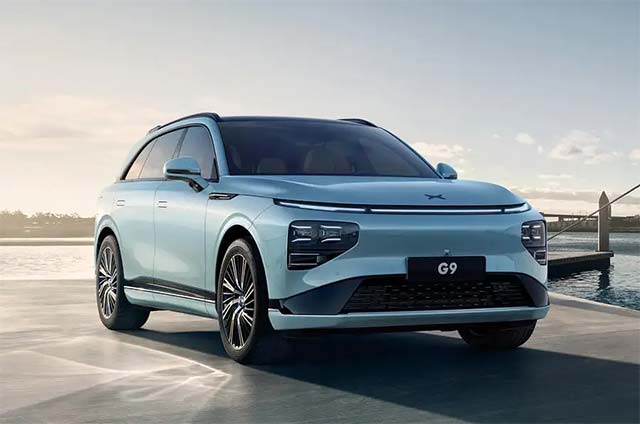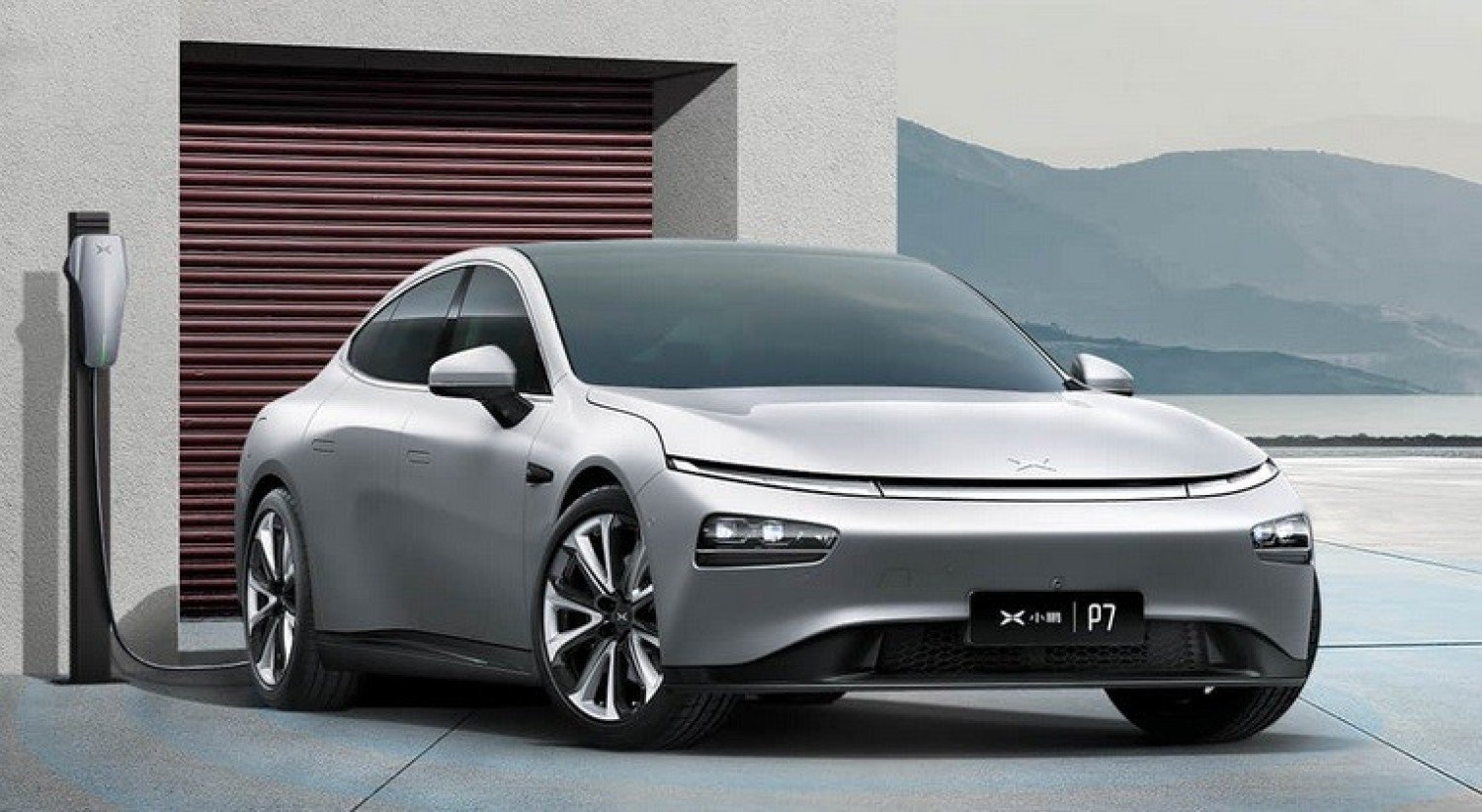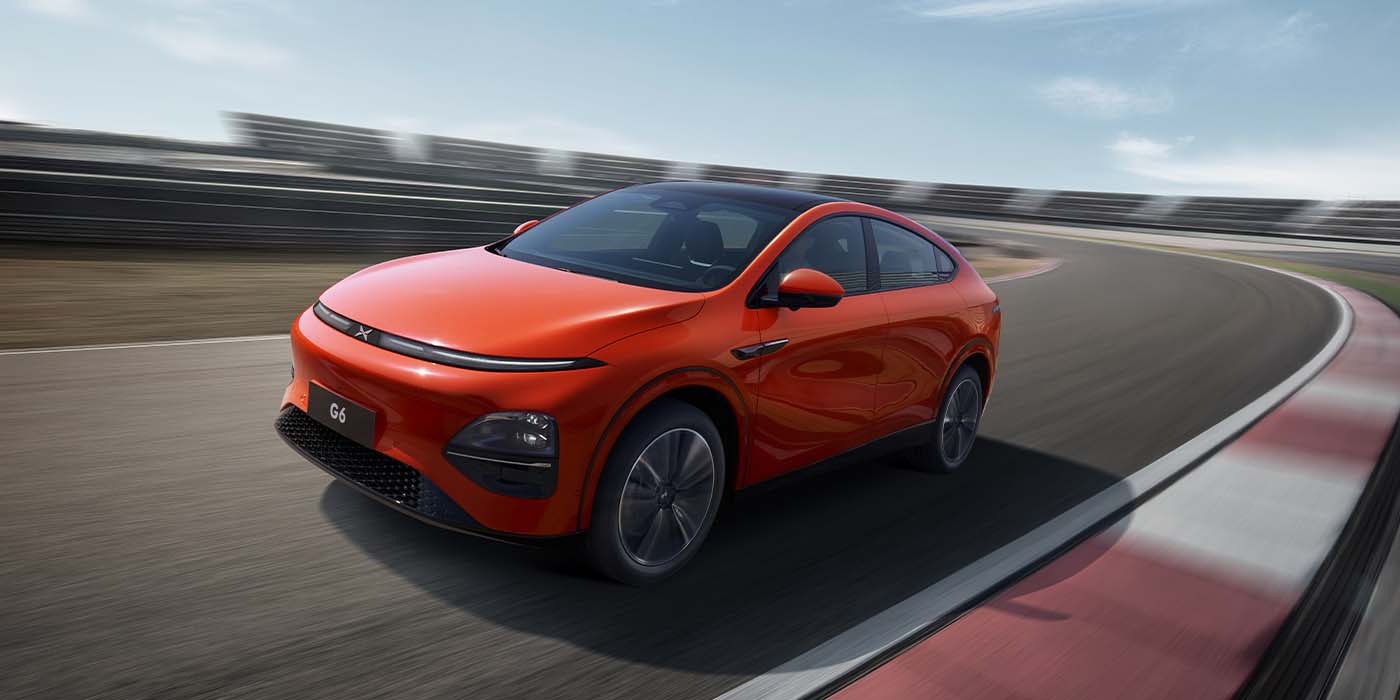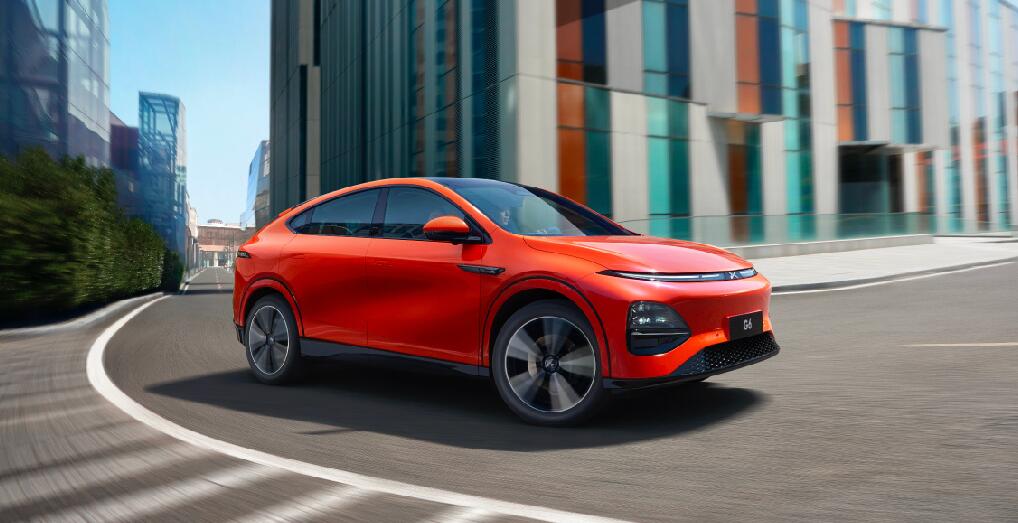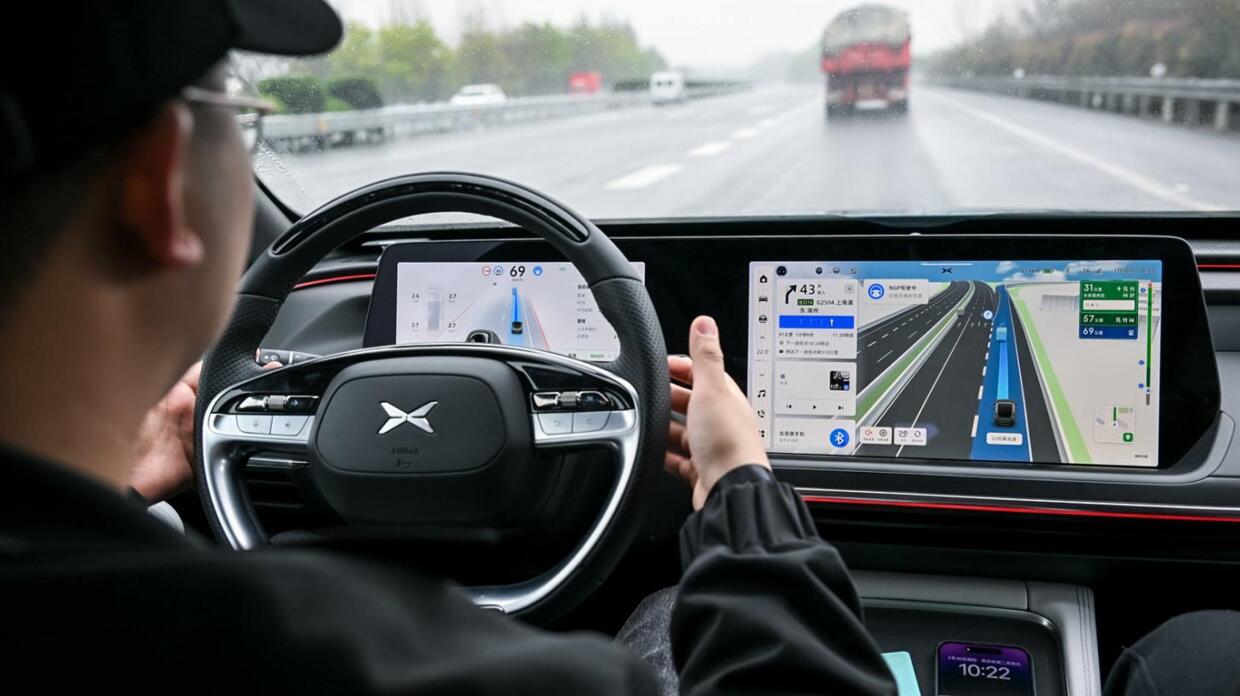Chinese electric vehicle (EV) start-up Xpeng is targeting the Hong Kong market with plans to introduce a right-hand drive model in late 2024. Brian Gu, the vice-chairman and president of Xpeng, expressed confidence that their offering would stand out among the established competitors, such as Tesla, thanks to its advanced technologies and unique design. This move signifies the first foray into Hong Kong by one of China’s major EV manufacturers with a right-hand drive model.
While Xpeng takes this stride, its domestic rivals Nio and Li Auto, based in Shanghai and Beijing respectively, have yet to announce their intentions to sell electric vehicles in Hong Kong. These three companies are widely regarded as China’s top contenders against American automaker Tesla, producing electric cars equipped with preliminary autonomous driving capabilities, sophisticated in-car entertainment systems, and high-performance batteries. However, currently, they primarily manufacture left-hand drive models that are mainly sold in mainland China.
Brian Gu emphasized the importance of right-hand drive vehicles, noting that it constitutes a significant portion of the EV market. Xpeng aims to establish itself as a formidable global EV company. In late 2020, Xpeng began exporting its electric cars to Europe, entering developed economies to compete with Tesla and other foreign rivals. Although specific overseas sales figures have not been disclosed, the company is actively expanding its presence internationally.
David Zhang, a visiting professor at Huanghe Science and Technology College, acknowledged that Chinese EV manufacturers are strong contenders in the global market due to their competitive products and reasonable pricing. He suggested that Chinese companies, particularly in the premium segment, should develop new models based on the preferences of local drivers in target markets.
A recent report published by market research firm Canalys predicted that Chinese automakers could export approximately 1.3 million electric vehicles this year, nearly doubling the 679,000 units shipped in 2022, as reported by the China Association of Automobile Manufacturers (CAAM). Xpeng, known for its expertise in self-driving technology using lidar sensors, is well-positioned to capitalize on this growth.
Xpeng made headlines last week when its vehicles were granted permission to drive autonomously on the streets of Beijing, making it the first Chinese automaker to receive approval from local authorities for its semi-autonomous driving technology, called X NGP (Navigation Guided Pilot). Similar to Tesla’s Full Self-Driving (FSD) system, X NGP has already obtained regulatory approval in Shanghai, Guangzhou, and Shenzhen. Looking ahead, Xpeng plans to reduce production costs and make autonomous driving technology more affordable by reducing the number of lidars used in its vehicles.
With Xpeng’s ambitious expansion plans, it remains to be seen how it will fare in the highly competitive Hong Kong market, as established rivals like Tesla continue to dominate. However, the company’s focus on advanced technologies and unique design may offer a compelling proposition for local customers.

